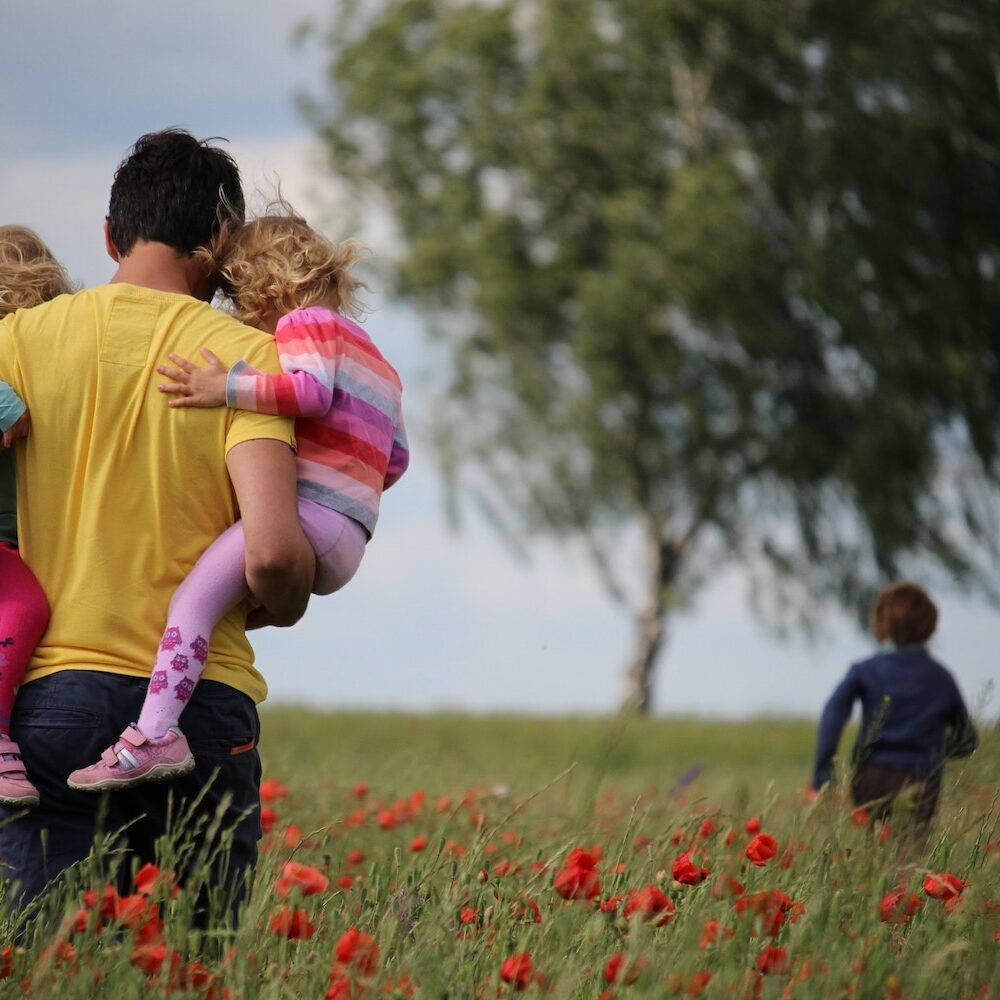Parents and Guardians

Support and empower your child or teen
Children and teens demonstrate and express emotions in a variety of challenging ways when they find themselves unable to process their experiences.
Often, these expressions and demonstrations affect them as well as those around them, including their family or peers. Therapy offers a great space for children and teens to learn to be with and understand what they are experiencing as well as how to access coping skills.
How do you know when it's time to seek counseling for your child or teen?
There is no prescribed route for beginning therapy. In some cases, your child or teen will exhibit signs of distress or there will be a behavior incident of some kind.
In other cases, a child or teen may seem fine but they have just experienced a major life event. Exploring how your child or teen is doing through an assessment may be helpful.
If you are struggling to reach your child or teen or find yourself having an emotional reaction to what they are experiencing, you are not alone.
There are a variety of behavioral signs you or someone else in your child's life might observe that indicate they may benefit from therapy.
Behavioral signs may include:
- Physically or verbally lashing out at peers, parents, and/or siblings
- Bedwetting/wetting pants/soiling pants
- Changes in appetite or behavior around food
- Suspension/expulsion from school, camp, or other activity
- Difficulty managing behavior or making changes
- Sexualized behavior that is potentially not age-appropriate
- Avoiding or withdrawing from people/places/experiences
- Acting out
- Displaying difficulty when transitioning to new things or places
- Demonstrating or verbally expressing panic, nervousness, or worry
- Expressing that they wish to die
- Odd, risky, or interfering behavior (ie: repetitive or ritualistic behavior, nail-biting, picking skin, self-injury such as burning, cutting, or hair-pulling)
- Sleep issues (ie: waking up regularly, nightmares, rigid behavior)
- Relating to emotions in a concerning way
- Demonstrating big or unpredictable emotions or rapid swings in emotions
- Shutting down
- Repeatedly complaining of physical ailments that don't appear to have a biological root cause
In addition to behavior, it's incredibly helpful to be mindful that a child has experienced or may be anticipating a large or potentially traumatic event.
Some examples of events that impact children and teens include:
- Adoption
- Loss (death, loss of home, loss of relationship, etc.)
- Medical procedure, injury, or illness
- Natural disaster
- Repeated geographical family moves
- Car accident
- Abuse (emotional/physical/sexual)
- Witnessing abuse or violence
- School shooting
- Divorce/separation
Therapy gives children and teens the opportunity to experience transformational healing and gains.
The tools and experiences they take with them from therapy can help empower them to grow into self-aware, resilient adults.
A Parent/Guardian's Role in Therapy
Parents and guardians play a critical role in the therapy process for children and teens.
We will communicate regularly to discuss:
- How your child is doing outside of sessions
- Ways you can support your child during and between therapy sessions
Sometimes, it is appropriate clinically for parents/guardians to be actively involved in a session. I also make recommendations for ways to support a child's progress, such as activities outside of therapy.
Therapy Timeframe
The length of the therapy process varies depending on the child, their experiences, and the recency of an issue that is impacting them. Usually, more recent events require less time.
While I'm unable to predict a set time frame when therapy begins, I welcome open dialogue about time frames throughout the process.
Therapy Consent
It is the policy of Ladybug Counseling to seek consent from all parents or legal guardians for children up to age 15.

